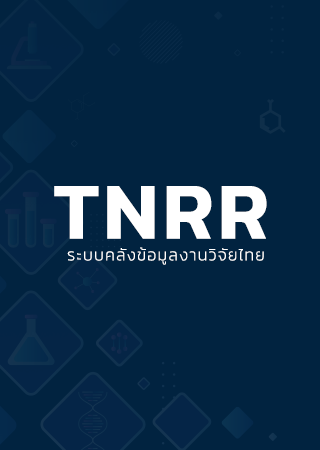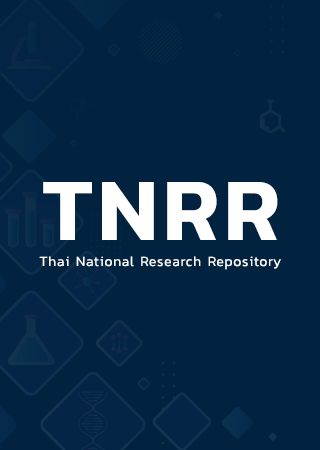Description
รัฐธรรมนูญแห่งราชอาณาจักรไทย พุทธศักราช2560ซึ่งเป็นฉบับที่ใช้บังคับอยู่ในปัจจุบันบัญญัติในมาตรา49ว่า “บุคคลจะใช้สิทธิหรือเสรีภาพเพื่อล้มล้างการปกครองระบอบประชาธิปไตยอันมีพระมหากษัตริย์ทรงเป็นประมุขมิได้ ....” บทบัญญัติดังกล่าวแสดงให้เห็นถึงการปรับใช้แนวคิดเกี่ยวกับการพิทักษ์รัฐธรรมนูญซึ่งสืบรากมาจากสิทธิปฏิวัติและแนวคิดว่าด้วยประชาธิปไตยที่ปกป้องตนเองได้ แม้แนวคิดดังกล่าวจะได้รับการรับรองในรัฐธรรมนูญมาแล้วถึงสามฉบับ แต่คงไม่เพียงพอที่จะสรุปเป็นหลักการทางกฎหมายได้โดยที่ปัจจุบันศาลรัฐธรรมนูญของไทยได้เคยวินิจฉัยคดีที่เกี่ยวข้องกับเรื่องสิทธิพิทักษ์รัฐธรรมนูญอยู่หลายคดี อาทิ คำวินิจฉัยที่18-22/2555ว่าเป็นการกระทำที่เข้าลักษณะการล้มล้างระบอบการปกครองและเป็นการกระทำเพื่อให้ได้มาซึ่งอำนาจการปกครองโดยวิถีทางที่มิได้บัญญัติไว้ในรัฐธรรมนูญจึงขัดกับรัฐธรรมนูญ และก่อให้ข้อวิพากษ์วิจารณ์และเป็นปัญหาสำคัญ3ประการ กล่าวคือ(1)การใช้สิทธิพิทักษ์รัฐธรรมนูญตามแนวคิดประชาธิปไตยที่ปกป้องตนเองได้มีหลักการและเหตุผล ตลอดจนความชอบธรรมอย่างไร(2)มาตรการทางกฎหมายควรมีลักษณะและขอบเขตอย่างไร และ(3)ศาลรัฐธรรมนูญมีความเป็นกลางในการทำหน้าที่พิทักษ์รัฐธรรมนูญเพื่อสนับสนุนให้ให้บรรลุเป้าหมายการสร้างประชาธิปไตยที่ป้องกันตนเองได้แล้วหรือไม่ ฉะนั้น จึงมีความจำเป็นที่ต้องศึกษาแนวคิดว่าด้วยสิทธิพิทักษ์รัฐธรรมนูญที่เป็นการแปลความมาจากแนวคิดว่าด้วยประชาธิปไตยที่ปกป้องตนเองได้ของต่างประเทศเพื่อให้เกิดความชัดเจนมากยิ่งขึ้น และเป็นที่มาและความสำคัญของการวิจัยในครั้งนี้<br><br>This research report is designed to address the central questions related to the nature and scope of rights to protect the constitution, as shown in article 49 of the Constitutional of the Kingdom of Thailand B.E. 2560 (AD2017), which stipulates that “no person shall exercise the rights or liberties to overthrow the democratic regime of government with the King as Head of State ….”. Its origin can be traced back to the natural rights of revolution as proposed by Locke, and the concept of militant democracy. While such provision has already been existed in previous Thai constitutions, the decision made by the Thai Constitutional Court illustrated the lack of jurisprudence over such concept, especially decision no. 18-22/2555 in which the court applied the concept of militant democracy to justify that the action done by the defendant was in contrary to the democratic regime of government with the King as Head of State. Three critical problems can be observed following such decision, including the followings: (1) what justifies the rights to protect the constitution under the Thai constitution, (2) how it should be interpret by court and by legislations, and (3) what institutions should have the role in enforcing such rights. Therefore, this research aims to address those questions.
Date of Publication :
02/2023
Publisher :
สำนักงานการวิจัยแห่งชาติ (วช.)
Category :
รายงานการวิจัย
Total page :
77012 pages
People Who Read This Also Read


